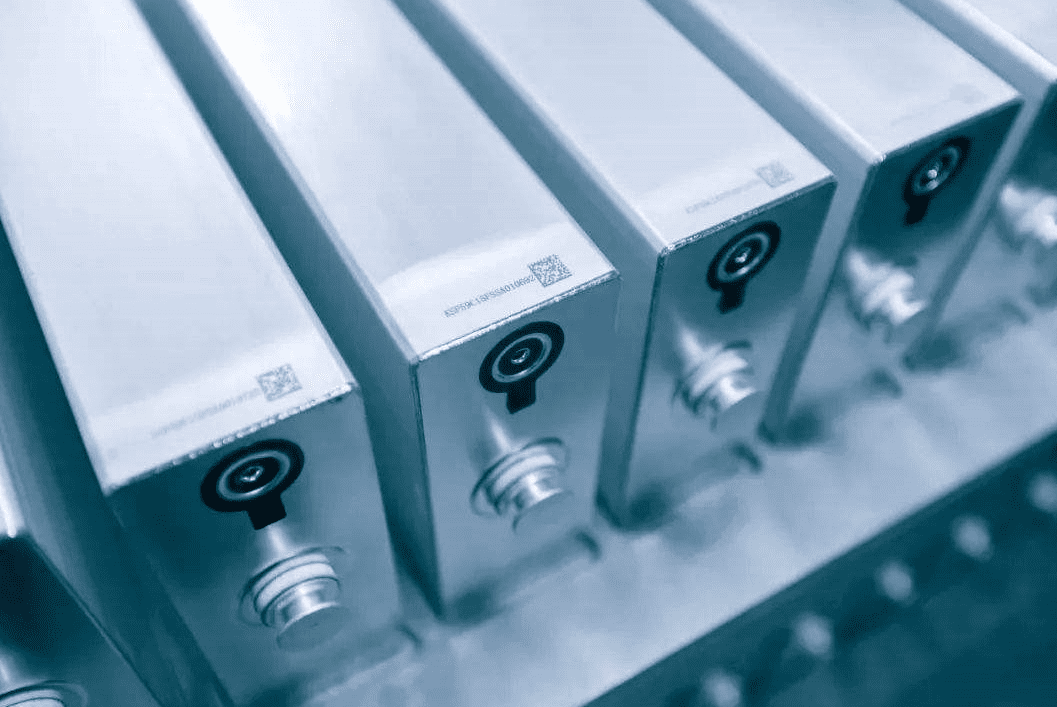Lithium battery leakage can pose significant safety risks and performance issues if not properly managed. Understanding the causes of leakage, how to prevent it, and the correct handling procedures is essential for anyone using lithium batteries. This comprehensive guide will explore these aspects to help you maintain your batteries safely.
What Causes Lithium Battery Leakage?
Lithium battery leakage can occur due to several reasons:
- Overcharging: Charging a lithium battery beyond its maximum voltage can lead to excessive pressure buildup inside the cell, causing it to rupture and leak.
- Physical Damage: Dents, punctures, or other physical damage to the battery casing can compromise its integrity, leading to leaks.
- Temperature Extremes: Exposure to high temperatures can cause the electrolyte within the battery to expand and leak, while extremely low temperatures can lead to internal shorts.
- Aging: As batteries age, their internal components degrade, increasing the risk of leakage.
Chart: Common Causes of Lithium Battery Leakage
| Cause | Description |
|---|---|
| Overcharging | Exceeding maximum voltage leads to rupture |
| Physical Damage | Damage to casing compromises integrity |
| Temperature Extremes | High heat causes expansion; low temps cause shorts |
| Aging | Degradation of internal components over time |
How Can You Prevent Lithium Battery Leakage?
Preventing lithium battery leakage involves several best practices:
- Use Compatible Chargers: Always use chargers specifically designed for lithium batteries to avoid overcharging.
- Store Properly: Keep batteries in a cool, dry place away from direct sunlight and extreme temperatures.
- Regular Inspections: Periodically check batteries for signs of physical damage or swelling and replace them if necessary.
- Avoid Deep Discharge: Do not let lithium batteries discharge completely; recharge them when they reach around 20% capacity.
Chart: Best Practices for Preventing Battery Leakage
| Practice | Description |
|---|---|
| Use Compatible Chargers | Ensures safe charging without overvoltage |
| Store Properly | Keeps batteries in optimal conditions |
| Regular Inspections | Identifies damage before it leads to leakage |
| Avoid Deep Discharge | Prevents stress on battery components |
What Should You Do If You Encounter a Leaking Lithium Battery?
If you discover a leaking lithium battery, follow these steps:
- Safety First: Wear protective gloves and eyewear to avoid contact with any leaked material.
- Isolate the Battery: Move the leaking battery to a well-ventilated area away from flammable materials.
- Do Not Charge: Immediately stop using or charging the battery.
- Dispose Properly: Contact local waste management authorities for guidance on safe disposal methods for hazardous materials.
Chart: Steps for Handling a Leaking Lithium Battery
| Step | Action |
|---|---|
| Safety First | Wear gloves and eyewear |
| Isolate the Battery | Move it to a ventilated area |
| Do Not Charge | Stop all usage immediately |
| Dispose Properly | Follow local regulations for hazardous waste |
Why Is It Important to Understand Lithium Battery Leakage?
Understanding lithium battery leakage is crucial for several reasons:
- Safety Concerns: Leakage can lead to fires or explosions if not addressed promptly.
- Performance Issues: Leaking batteries lose capacity and efficiency, impacting device performance.
- Environmental Impact: Improper disposal of leaking batteries can harm the environment due to toxic materials.
Industrial News
Recent advancements in lithium battery technology have focused on improving safety features and reducing risks associated with leakage. Manufacturers are developing better protective casings and integrated management systems that monitor battery health in real-time, helping prevent issues before they escalate. The industry is also emphasizing recycling programs to manage end-of-life batteries safely.
Redway Expert Insights
“Understanding how to handle lithium batteries safely is essential for maximizing their lifespan and performance,” states an expert from Redway Battery. “By following proper practices and being aware of potential issues like leakage, users can ensure a safer experience with their devices.”
FAQ Section
What should I do if my lithium battery starts leaking?
Wear protective gear, isolate the battery in a ventilated area, stop using it immediately, and dispose of it according to local regulations.
Can I still use a lithium battery that has leaked?
No, it is unsafe to use a leaking battery; it should be properly disposed of as hazardous waste.
How can I tell if my lithium battery is leaking?
Signs include swelling of the battery casing, visible liquid around the terminals, or corrosion on the terminals themselves.
Are there specific storage conditions for lithium batteries?
Yes, store them in a cool, dry place away from direct sunlight and extreme temperatures.













